Time:
To enable the continuous expansion of electromobility, it is crucial to have access to operationally safe and reliable charging options. Therefore, most countries published technical safety guidelines for charging infrastructure for electric vehicles. These guidelines will ensure that the charging infrastructure follows the highest safety standards and that EV owners can confidently charge their cars.
As an operator, it is crucial to thoroughly contemplate hardware security measures while installing and running a charging station. Additional information on necessary factors for the safe charging of electric vehicles can be found here.
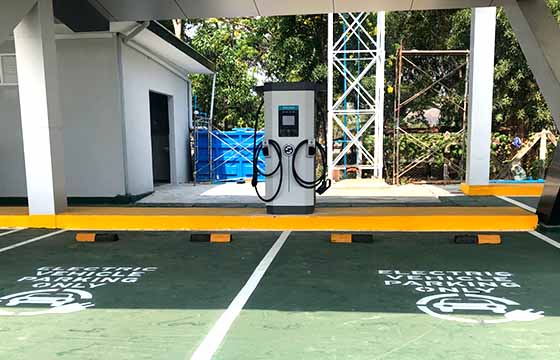
For most of the newer chargers, the plug used can be locked by the station or vehicle to prevent theft and security reasons. This prevents unintentional or unauthorized unplugging.
To guarantee safety while charging, charging systems are designed to only apply voltage to the plug when there is error-free contact between the charging station and the vehicle. Further protection is provided through the use of RCD circuit breakers and miniature circuit breakers. These two components interrupt the circuit if there are any faults, overloads, or defects present.
Given the current rise in the number of electric vehicles, effective charging and load management are crucial for the optimal utilization of charging points and for preventing the overloading of the electric grid. Balancing the current flow between the grid and charging stations is necessary to avoid load peaks and overvoltages. This ensures the seamless and efficient operation of the charging infrastructure while maintaining the stability of the electricity grid.
You may want to learn more about "What is EV Load Management and Why Do You Need It?"
The charging infrastructure for electric vehicles must comply with the requirements of local law. Such as the UK's EV Smart Charging Regulations, and German Measurement and Calibration Law.
From the planning phase, it is advisable to place great emphasis on the safety of the charging infrastructure. Installation, commissioning, and maintenance of the charging stations should only be carried out by electricians specialized in eMobility to ensure safe operation.
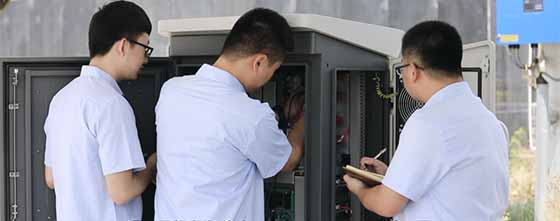
Besides, operators should have their charging infrastructure checked for electrical safety at regular intervals. This will help eliminate safety risks such as the possibility of fire or accidents when handling the charging station. By conducting these checks periodically, the charging infrastructure can be maintained and kept in good condition, ensuring the safety of both the users and the operators.
Grasen EV chargers are designed to meet stringent safety standards and have been CE-approved with an IP54/IP55 protection rating. With a focus on electrical safety, our chargers are equipped with advanced protection functions. For example, over-voltage, over-temperature, under-voltage, short circuit, leakage protection, etc.
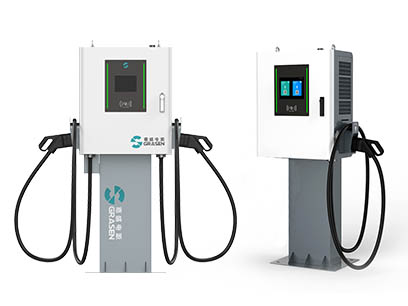
Wallbox DC Charger
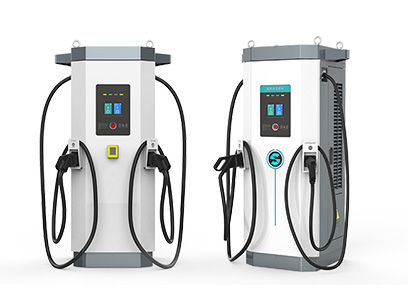
DC EV Charging Station
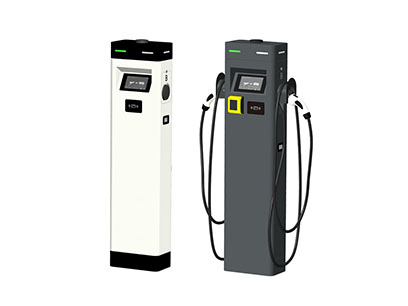
Dual AC EV Charger
Recommend for You
Submit Request